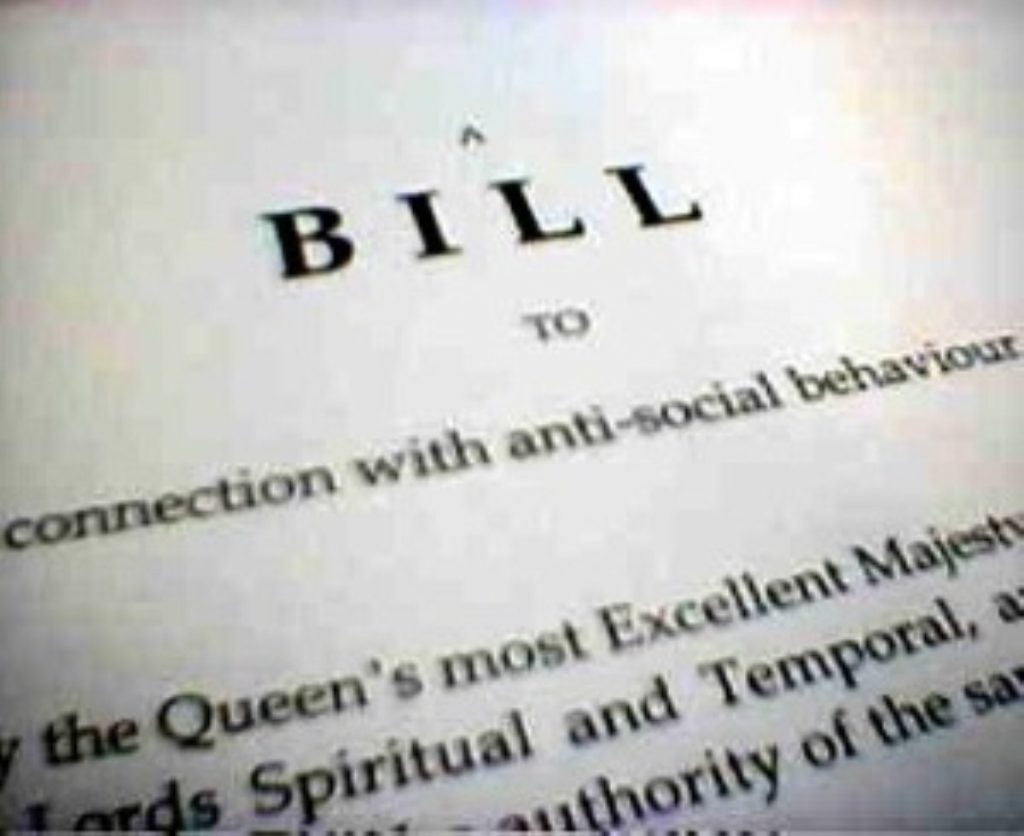Britain should ‘seriously consider’ written constitution
Britain’s top lawyer has said the government should “seriously consider” introducing a written constitution.
Attorney general Lord Goldsmith said there were “strong reasons in principle” why such a document, which would lay out all Britain’s laws and conventions in one place, should be drawn up.
His comments will be welcomed by Gordon Brown, who is known to support a written constitution and last month told the Labour party conference that Britain must be “far more explicit about the common ground on which we stand”.
However, Lord Falconer, the constitutional affairs secretary, has previously spoken out against the move, saying it would give too much power to judges – who would be charged with interpreting the constitution – at the expense of elected politicians.


Conservative leader David Cameron has called for a bill of rights to be drawn up outlining the basic freedoms of British citizens, in place of the Human Rights Act.
Yesterday Lord Goldsmith rejected this idea, telling Sky News: “I think he is quite wrong about what he has said and I notice that he’s repeated again what he said before even though some of his own top colleagues described it as xenophobic legal nonsense.
“There’s a different question about whether having now got effectively a bill of rights or the Human Rights Act we ought to think about whether we should have a written constitution to deal with other aspects of that.”
Pressed on this idea, the attorney general said: “I think that is something that we seriously ought to consider, there are strong reasons in principle why we ought to consider doing that.”
Speaking to the Daily Telegraph later, Lord Goldsmith noted that much of Britain’s so-called unwritten constitution was laws that could be changed with a simple act of parliament and conventions that “may be open to dispute”.
This included the circumstances in which the House of Commons could pass legislation without the agreement of the House of Lords, and the convention that a general election must be called every five years or less.
In reference to Lord Falconer’s concerns, however, he warned: “We need to be wary of unwittingly transferring responsibility from democratically elected MPs to unelected judges.”









